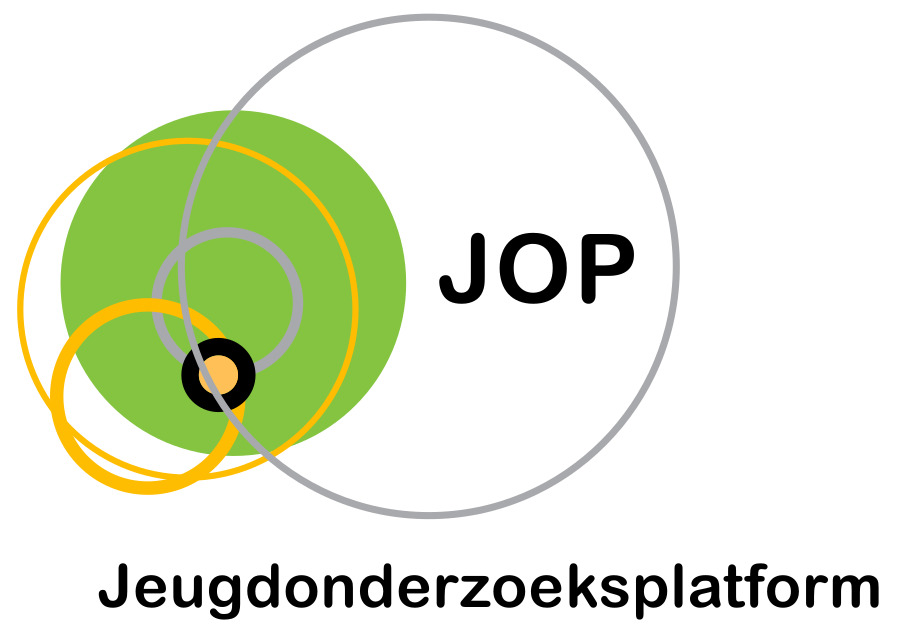Ethnic discrimination in secondary education: Does the solution lie in multicultural education and the ethnic school composition?
Auteurs
D’hondt, F., Maene, C., Vervaet, R., Van Houtte, M., & Stevens, P. A. (2021).

Abstract
Etnische discriminatie is een ernstig probleem in het onderwijs. Eerder kwantitatief onderzoek is
voornamelijk gericht op de gevolgen van etnische discriminatie. Er is echter zeer weinig bekend over
de kenmerken van de schoolcontext die van invloed zijn op de initiële ervaring van etnische
discriminatie. Deze kennis is essentieel om scholen te ondersteunen bij het organiseren van een
organisatie die de kans verkleint dat jongeren gediscrimineerd worden. Deze studie onderzoekt de
relatie tussen multicultureel onderwijs en ervaren etnische discriminatie, en de modererende rol van
de etnische samenstelling van de leerlingenpopulatie. Multicultureel onderwijs is een ruim begrip. De
focus ligt op de drie belangrijkste actoren: multicultureel beleid vanuit het perspectief van de
directeur, multicultureel lesgeven vanuit de perceptie van de leerkracht en de perceptie van leerlingen
van multicultureel lesgeven. De resultaten van een multilevel analyse op een grootschalige dataset (N
= 2715 leerlingen, 38 scholen) verzameld in het secundair onderwijs in België tonen aan dat leerlingen
van Belgische afkomst meer kans hebben om etnische discriminatie door medeleerlingen te
rapporteren als de school een meer multicultureel beleid voert of als de school een hoge concentratie
leerlingen heeft met een andere dan de Belgische achtergrond. Leerlingen met een andere dan
Belgische achtergrond rapporteren vaker etnische discriminatie door docenten als de school een meer
multicultureel beleid voert. Als leerlingen merken dat hun leraren aandacht besteden aan
multicultureel onderwijs, rapporteren zij minder vaak etnische discriminatie door leraren, maar meer
door medeleerlingen. De etnische samenstelling is niet direct gerelateerd aan de ervaren etnische
discriminatie en speelt ook geen modererende rol.
Ethnic discrimination is a serious problem in education. Previous quantitative research is
predominately focused on the consequences of ethnic discrimination. Very little is known, however,
about the characteristics of the school context that influence the initial experience of ethnic
discrimination. This knowledge is essential to support schools in how to organize in a way that
diminishes the likelihood of adolescents being discriminated against. This study examines the
relationship between multicultural education and perceived ethnic discrimination, and the moderating
role of the ethnic composition of the student population. Multicultural education is a broad concept.
The focus lies on the three main actors: multicultural policy from the perspective of the principal,
multicultural teaching from the perception of the teacher and students’ perception of multicultural
teaching. The results of a multilevel analysis on a large-scale dataset (N = 2715 students, 38 schools)
www.jeugdonderzoeksplatform.be 2
collected in secondary education in Belgium show that students of ethnic Belgian descent are more
likely to report ethnic discrimination by peers if the school applies a more multicultural policy or if the
school has a high concentration of students with an other-than-Belgian background. Students with an
other-than-Belgian background are more likely to report ethnic discrimination by teachers if the school
applies a more multicultural policy. If students perceive that their teachers pay attention to
multicultural education, they are less likely to report ethnic discrimination by teachers, but more by
peers. The ethnic composition is not directly related to perceived ethnic discrimination, nor does it
play a moderating role.
Referentie
D’hondt, F., Maene, C., Vervaet, R., Van Houtte, M., & Stevens, P. A. (2021).
Ethnic discrimination in secondary education: Does the solution lie in
multicultural education and the ethnic school composition?. Social
Psychology of Education, 24, 1231-1258.
Taal
Engels
Publicatievorm
Tijdschriftartikel
ISBN – DOI
https://doi.org/10.1007/s11218-021-09651-w
Trefwoord(en)
Etnische discriminatie, multicultureel onderwijs, ethnische schoolcompositie,
secundair onderwijs
